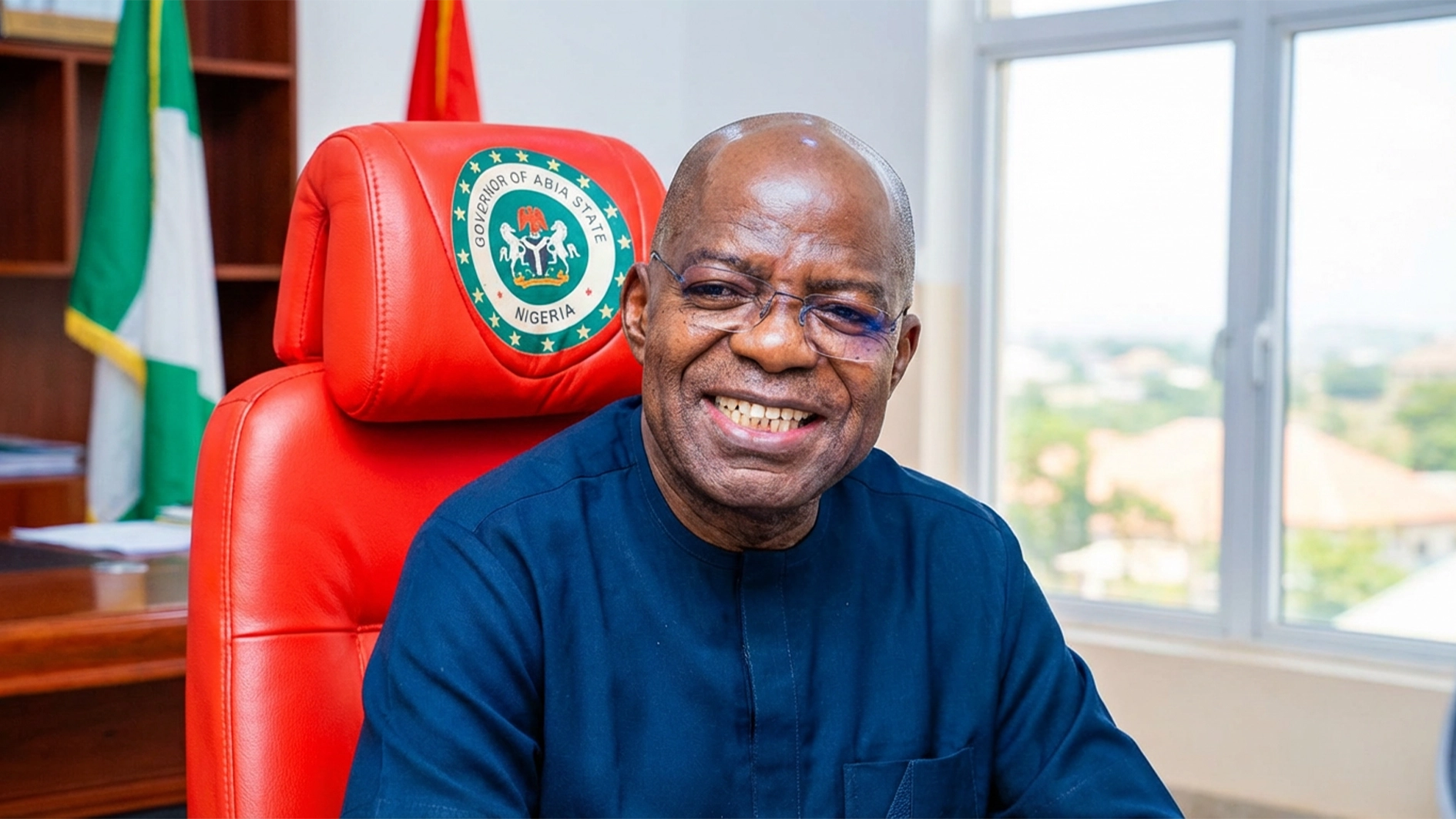• ‘FG’s reforms to lift 50m Nigerians from poverty in a decade’
In a significant move aimed at improving infrastructure for legal education and administration in the Federal Capital Territory (FCT), President Bola Tinubu has approved the immediate construction of two 300-bed hostels for the Nigerian Law School, Abuja, alongside a strategic road project connecting key legal institutions in the city.
According to a statement issued yesterday by Senior Special Assistant to the FCT Minister on Public Communications and Social Media, Mr. Lere Olayinka, the presidential directive mandates his principal, Nyesom Wike, to initiate the projects under emergency provisions to ensure swift delivery.
The hostel project, which comprises separate 300-bed facilities for male and female students, is geared at addressing the perennial accommodation challenges faced by students of the Abuja campus of the Nigerian Law School.
Olayinka explained that beyond the hostels, the President also gave the green light for the construction of a road linking the Body of Benchers Secretariat in Jabi District to the nearby Nile University.
This new route, he noted, is to decongest traffic along the corridor leading to the headquarters of the Economic and Financial Crimes Commission (EFCC), which has become notorious for gridlock in recent years.
Also, Vice President Kashim Shettima has said the Federal Government’s ongoing reforms and development initiatives have the potential to lift between 40 and 50 million Nigerians out of multi-dimensional poverty within the next decade.
Speaking at the Nextier Development Solutions Festival (DevFest2025) yesterday in Abuja, Shettima described the government’s “Poverty Exit Plan” as a moral and strategic compact to ensure no citizen is left behind. He stressed that while reforms are not yielding overnight miracles, their consistency would translate into long-term prosperity and social equity.
Represented by Special Adviser to the President on Power Infrastructure, Sadiq Wanka, the Vice President reiterated that the Bola Tinubu administration’s approach is anchored on investing in infrastructure, driving economic and financial inclusion, and transforming agriculture from subsistence to mechanised, value-driven production.
“If we remain consistent in our application of these policies, our government is confident that we will see GDP growth continue to soar, inequality reduce drastically, food and multi-dimensional poverty crash, and inflation rates continue to decline, potentially reaching single digits by 2026. Moreover, our overall infrastructure and economic focus could lift 40 to 50 million Nigerians from multi-dimensional poverty within a decade, freeing them to pursue their God-given potential,” he said.
Shettima noted that ongoing road, rail and power projects are to cut costs for households and businesses, while initiatives such as the Conditional Cash Transfer scheme and the Nigerian Education Loan Fund (NELFUND) provide safety nets and access to opportunities for vulnerable households and students.
In his remarks, the Head, Delegation of the European Union to Nigeria & ECOWAS, Amb. Gautier Mignot stressed that poverty reduction in the country cannot be achieved by international partners alone, but must be driven by sound domestic policies and inclusive economic growth.
He observed that tackling poverty is not just a moral or religious duty, but also a political, social, and economic imperative.
Reducing poverty, Mignot explained, helps fight instability, strengthens democracy, improves public health, and raises productivity and consumption, thereby boosting the economy.
In his welcome address, Partner, Nextier Development Foundation, Dr. Ndubuisi Nwokolo, said the festival was convened to foster collaboration among government, civil society, the private sector, and international partners in tackling Nigeria’s poverty challenge.
He urged stakeholders to move beyond short-term interventions and embrace bold, data-driven, and sustainable solutions that can deliver lasting impact.
Nwokolo underscored the urgency of designing policies that address the structural roots of poverty, rather than treating only its symptoms.






